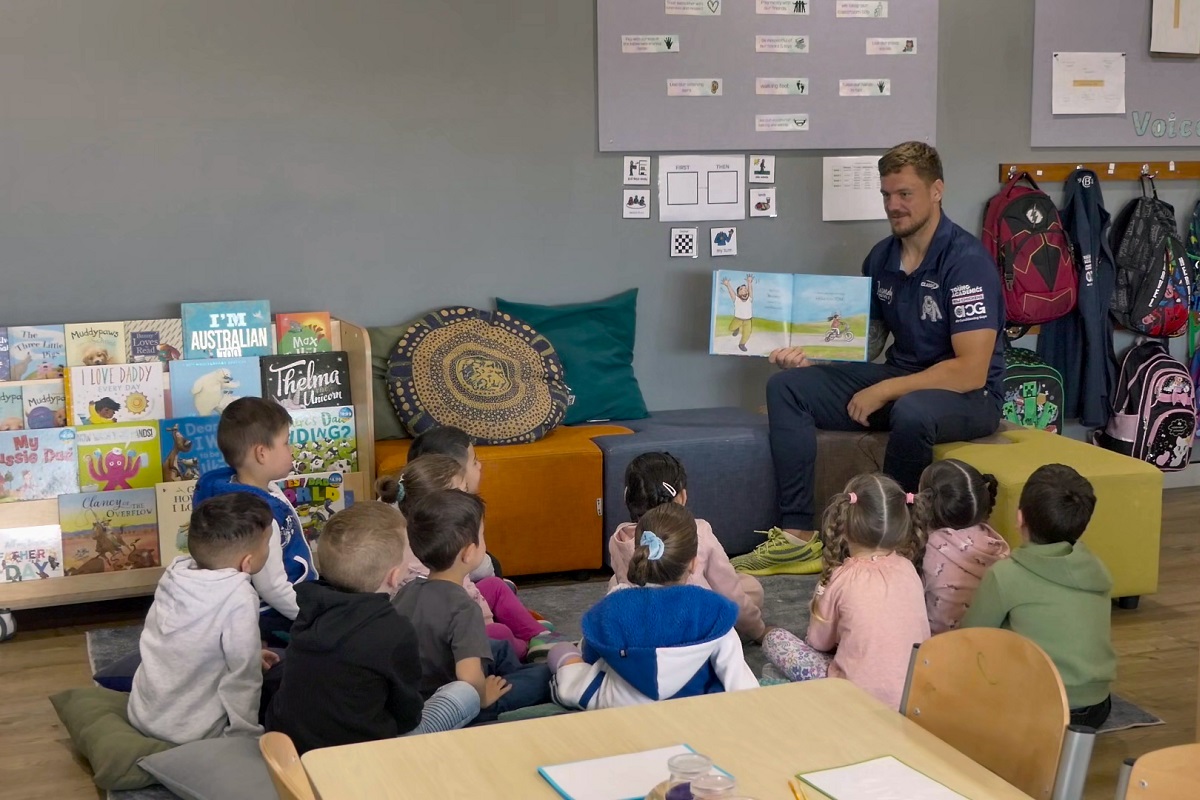In the era of rapid technological advancement, children are exposed to the wonders of the internet from a very young age. While the digital landscape offers incredible opportunities for learning and entertainment, it also poses potential risks for children. As educators and parents, we hold a responsibility to ensure that children navigate the online world safely. Children at childcare ages are particularly vulnerable, as their cognitive and emotional development is still in progress. Without proper guidance, they may inadvertently stumble upon harmful content or fall victim to online threats.
Whether it’s interactive educational apps or screen time, digital exposure is now a part of children’s daily routine. Acknowledging this reality prompts the need for a proactive approach to internet safety. Your childcare centres and schools are essential partners in promoting internet safety for children.
Why Internet Safety is Crucial Children
Children possess a natural curiosity, and the internet is a vast realm filled with information. Internet safety is paramount in preserving the innocence of childhood by shielding them from inappropriate content and potentially harmful online experiences.
Cyberbullying has become a prevalent issue, and children can be vulnerable targets. Teaching them about online etiquette and the impact of their words fosters a positive online environment and helps prevent bullying.
The internet is a space where personal information is exchanged. Educating children about the importance of privacy and the potential risks of sharing personal details online safeguards them from identity theft, scams, and other cyber threats.
Excessive screen time can negatively impact a child’s physical and mental health. Establishing internet safety measures helps strike a balance, encouraging children to engage in offline activities for holistic development.
Tips and Tricks for Parents at Home
- Open Communication: Create a safe space for your child to discuss their online experiences, concerns, or questions. Open communication builds trust and encourages children to seek guidance when needed.
- Set Clear Boundaries: Establish guidelines for screen time, appropriate content, and online activities. Consistency in enforcing these boundaries helps children understand the importance of responsible internet use.
- Explore Parental Controls: Utilise parental control features on devices and applications to manage content access and screen time. Regularly review and adjust settings as needed to align with your child’s developmental stage.
- Educate on Online Etiquette: Teach children the importance of treating others online with kindness and respect. Discuss the consequences of inappropriate behaviour and emphasise the golden rule of treating others as they would like to be treated.
- Stay Informed: Keep yourself updated on the latest trends, apps, and online platforms popular among children. Awareness empowers you to guide your child effectively through the dynamic digital landscape.
Incorporating Internet Safety Safely
- Collaboratively establish family internet rules that everyone can follow. This includes designated screen-free zones, specific times for device use, and shared expectations for online behaviour.
- Equip your child with digital literacy skills. Teach them to critically evaluate online content, identify reliable sources, and distinguish between trustworthy and untrustworthy information.
- Explore the internet together with your child. Use it as an opportunity to discuss what they enjoy online, address any concerns, and guide them towards age-appropriate and educational content.
- Foster a healthy balance between online and offline activities. Encourage your child to participate in hobbies, sports, and playdates to promote overall well-being.
- Demonstrate responsible online behaviour by modelling it yourself. Children are more likely to follow your lead, so showcase positive internet habits and etiquette.
Ultimately, internet safety for children in childcare is a multifaceted endeavour that requires collaboration, education, and vigilance. By nurturing a safe digital environment, we not only shield children from potential online risks but also empower them with the skills needed to navigate the digital world responsibly.







